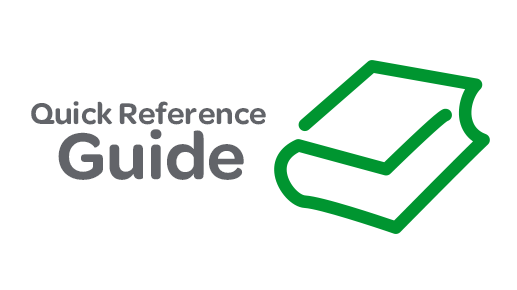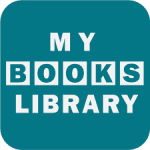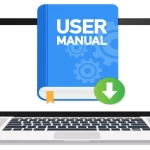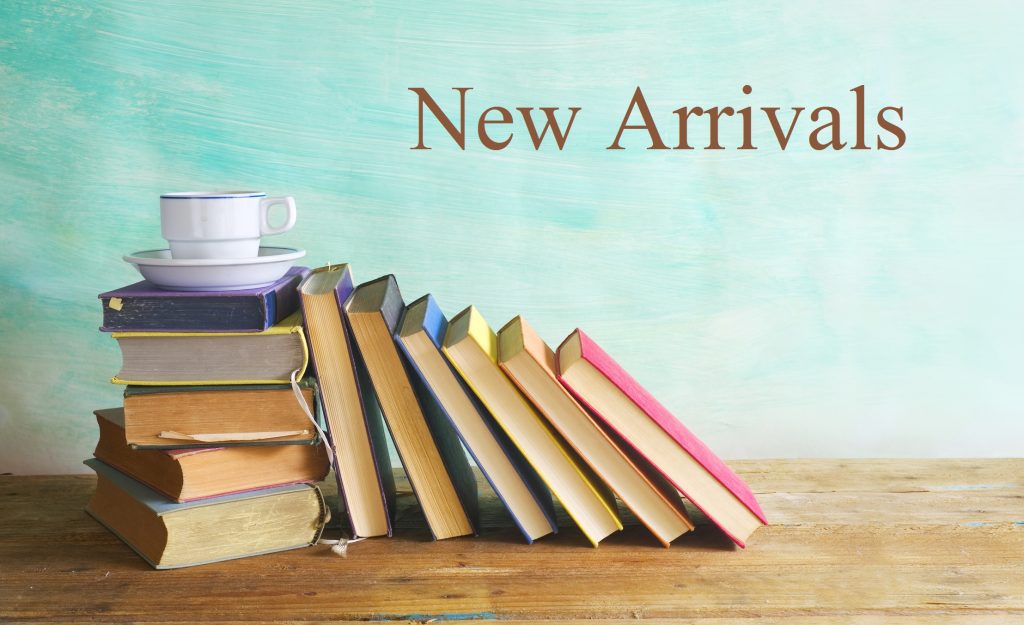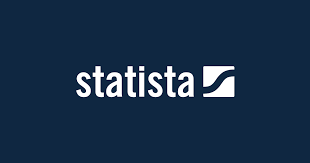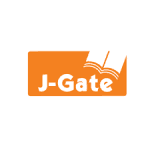Learning Resource Centre
- About Library
- Services and Facilities
- E- Resources
- Rules and Regulations
- Open Access
- Research Support
The library is open from 9:00 AM to 6:00 PM (Monday to Friday). Our mission is to facilitate convenient and user friendly access to current, global and relevant information by identifying, acquiring, organizing and retrieving information in various formats (print & non print) to serve the information needs of the academic fraternity of IIMA to meet their teaching, research, consulting, training and learning requirements.
The strength of the library is its digital collection of 8 databases.
OUR VISION
- Create e-learning portal to access 24*7 digital knowledge sources for NSB fraternity.
- To provide the right information to the right person at the right time into the digital environment.
- To maintain copyright protection & IT Act for access to digital content.
- To optimum utilization of the Library resources
- To empower faculty, staff and students to create new knowledge
Book Circulation
- Books will be issued on presentation of the library card along with the ID card.
- Students are instructed to check the books while borrowing and they will be responsible for any type of damage or mutilation noticed at the time of return.
Book care:
- Overdue Charges:
Materials borrowed should be returned on or before the due date, if returned late overdue, ₹10/Day fine will be charged for the delayed period. - Book Lost:
If the books are lost, then the borrower shall replace the books of the same edition or latest edition or pay actual cost of the book after getting permission from the librarian. - Care of Library Books:
Students are require to handle the books/ Journal very carefully; marking with pencil , writing or highlighting , tearing the pages or mutilating the same in any other way will be viewed very seriously. - In such case reader shall be held responsible unless these are brought to the notice of the library staff at the time of issue.
Sr. No. | Name of Database |
Journal Access | |
| 1 | Sage Open Journal |
| 2 | Jstor Open |
| 3 | Springer Open |
| 4 | Open Research Library |
| 5 | DOAJ |
| 6 | ROAD |
| 7 | arXiv |
| 8 | Project Elucid |
| 9 | T&F |
| 10 | Cambridge OA |
| 11 | IEEE Open |
E-DISSERTATION & THESIS ACCESS | |
| 1 | PQDT Open ProQuest |
| 2 | MGU Online |
| 3 | ShodhGanga |
| 4 | ShodhGangotri |
| 5 | Uni of Leicester |
| 6 | NDL |
| 7 | Research Project Database |
| 8 | Ethos |
| 9 | IRINS |
E-BOOKS ACCESS | |
| 1 | PDF Drive |
| 2 | DOAB |
| 3 | Jstor Open Book |
| 4 | Springer Open |
| 5 | Intechopen |
| 6 | Z Library |
| 7 | Oapen |
| 8 | Indian Manuscripts |
| 9 | Exam Fear |
E-CONTENT ACCESS | |
| 1 | E-PG Pathshala |
| 2 | Vidya Mitra |
E-LEARNING ACCESS | |
| 1 | UGC Moocs |
| 2 | Swayam Prabha |
It is the responsibility of individual users to ensure that the use of electronic resources (Licensed) does not breach the terms & conditions specified in the license agreements.
Do's
- Viewing, downloading, copying, printing and saving a copy of full text articles and search results
- Sending a copy of an article to another authorized user (i.e. current faculty, students or staff)
- Posting the URL (electronic links) of the publisher's version of the article on a class website (publisher links will allow only authorized users access) on personal web pages or public networks
- If required for teaching a class, an article from an electronic journal can be printed and can be included in course pack.
- A researcher can use the published content i.e. phrases or quotes from other articles duly citing the source of Information.
Don't
- Systematic downloading: Downloading of entire journal issue/s or volume/s or articles in large quantities.
- Use of robots or intelligent agentsfor bulk or automatic downloading
- Downloading e-resources for commercial gain(i.e. reselling, redistributing or republishing of licensed content in any other medium)
- Full text articles (electronic or print) should not be distributed published version in any format e.g. means, transmitting, disseminating or public posting of the content
- Personalprofessionalwebsitesand public networks, blogs, sending to mailing lists or electronic bulletin boards to make online content available to unauthorized users
- A researcher is prohibited from using information in larger quantities (paragraphsand chapters) from an article or a book (even their own) in their document without acknowledging the source. It is treated as Plagiarism.
If violate License
Publishers track the use of their electronic resources in terms of number of downloads made by subscribing institution. Misuse, if any, will be notified to the subscribing institution with the details by the publisher and suspends access to the entire institution. For further information:
- CLICK to Refer Fair Use Terms & Conditions (UGC Infonet Digital Library Consortium)
- CLICK to Refer License Terms and Conditions of Individual Publishers for Downloading Full Text Articles
WRITING RESOURCES / TOOLS
Literature Review
- How to write Literature Review (Emerald Group Pub)
Reference Tools
Mendeley is free tool for citation and reference software powered by Elsevier.
- This is a free reference manager and academic social network that can help to organize research, collaborate with others online, and discover the latest research.
- Automatically generate bibliographies
- Import papers from other research software
Citation Styles
Researchers Networks
PLAGIARISM
(The following guidelines are provided to researchers/authors to give an understanding about what is plagiarism and how to avoid it)
"Plagiarism is considered as academic dishonesty. It is the action or practice of taking someone else's work, idea, etc., and passing it off as one's own; literary theft”.(Oxford English Dictionary)
The expression of original ideas in any form is considered intellectual property and is protected by copyright laws.
Almost all forms of expressions, original inventions fall under copyright protection as long as they are recorded in some way (such as a book, article, art piece, musical score or a computer file)
- Turning in someone else's work as your own
- Copying words, phrases or ideas from someone else's work without giving credit (acknowledgement)
- Failing to put a quotation in quotation marks in text
- Giving incorrect information about the source of a quotation
- Manipulating the already published data or presenting the fake data in your work
- Paraphrasing, changing words and sentence structure of a source is considered as copying if the source is not duly acknowledged.
- Taking so many words or ideas from a source or different sources that makes up the majority of your work, whether you give credit or not is considered as copying.
- Submission of the same work to more than one course
What is not Plagiarism?
Some practices are also allowed while using the text from other authors' documents in their own writings.
- Few words of similarity (that can be coincidental among others works)
- Reiterating popular writers sayings, use of symbols, application of formulae, images, Figures and models
- Facts or common knowledge, widely known ideas
- Quotations: Reproduction of an author's exact words. 1) Parenthetical citation (with or without signal phrase), 2) Footnotes, 3) Endnotes
- Bibliographic reference at the end of text
For more details - See the Harvard Guide to Using Sources
INSTITUTIONAL POLICY
- It is mandatory to screen Report/theses/Dissertations and Projects before submitting to the university.
- Based on the general practices at various Universities/Institutions,the similarity tolerance limit may be kept as 10%. The Supervisor has to go through the report generated by Anti-Plagiarism software before certifying the same.
- The research scholar in his/her declaration and research Supervisor in his/her certificate has to certify/declare that the thesis is a plagiarism-free as per the norms of the Institution.
- The responsibility of getting the statement of plagiarism statistics from the Library lies with the Students. The Supervisor can also log into the respective Anti-Plagiarism software website with the help of Library staff and download the report.
- Not applicable to regional languages
Access & Service is Limited to only Members. - Turnitin is Similarity (plagiarism) screening software.
- Library has subscribed Turnitin, the anti-plagiarism software and provided registrations to all the faculty members of the University
- All Faculty members are requested that when using the Plagiarism check for Research Scholars and Students, they must operate with the category "NO REPOSITORY' of the Articles, draft copy of Thesis, Dissertation and Project reports in their respective School, Department or Centres.
- The library will be screening the final report of the Thesis, Dissertation, and Project"Under the Repository".
References:
Trending Books
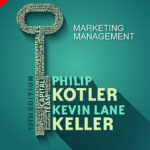



Book loan Privilege
| Reader | Loan Periods | No of Book Can Issue |
| Faculty | 120 Days | No Limit |
| Student | 30 Days | 5 |
| RA | 60 Days | 10 |
| Staff | 45 Days | 5 |








Facilities
- Research Assistance
- Scan, Print, Photocopy
- Study Spaces & PCs
- Borrow, Reserve, Renew
- Library Guides




